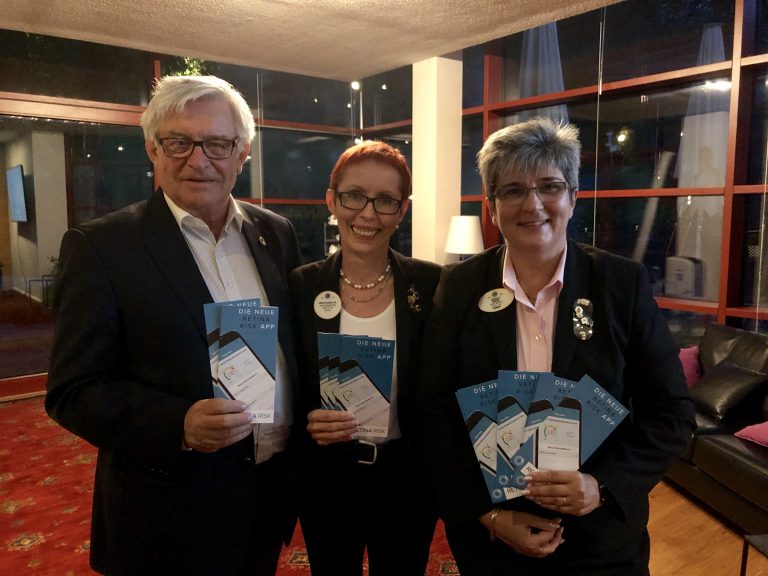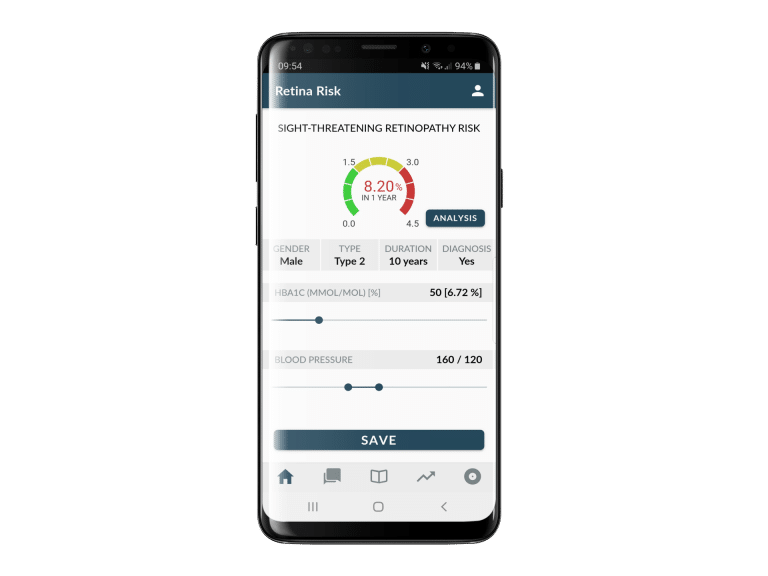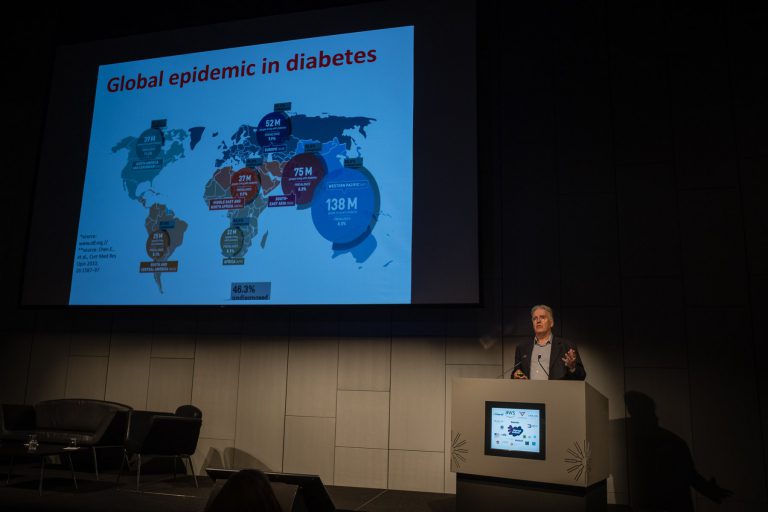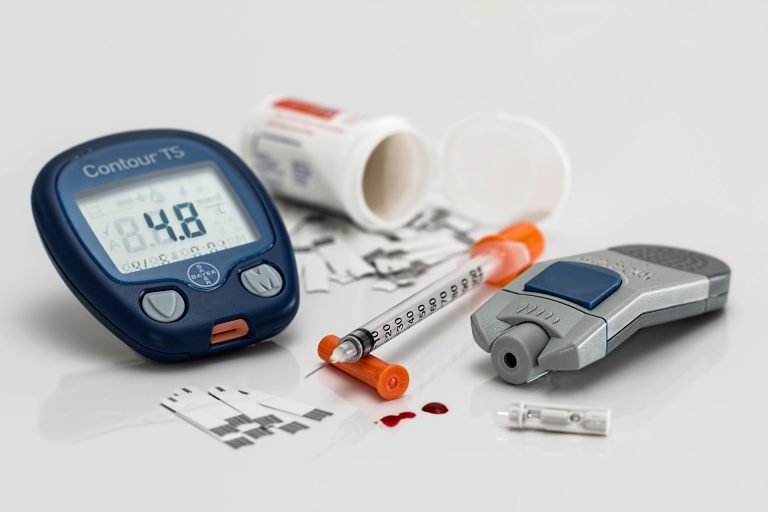Celebrating Those Living with Diabetes for Half a Century
It’s sometimes forgotten that many people around the world live long and healthy lives with diabetes. There’s no doubt that living with diabetes, especially Type 1, is hard work. The first thought when they wake up is not about their first cup of tea or coffee but rather whether their blood glucose level is going to be where it should be. For many, every day and night is a constant reminder of a physically and emotionally demanding condition that requires constant monitoring. As Riva Greenberg explained in her blog: “Type 1 diabetes is a tightrope walk — all day and all night taking action to anticipate, prevent and recover from my blood sugar going too high and too low.”
In recent decades, diabetes care has improved dramatically resulting in people with diabetes now living significantly longer. Maintaining good blood glucose control is key to prolonging your life span. Keeping blood sugar levels within the recommended blood glucose level ranges will help to offset the likelihood of complications and therefore increase life expectancy. It’s highly recommended to enjoy a healthy lifestyle, including a well balanced diet and regular physical activity, in order to help keep blood pressure and cholesterol at healthy levels and promote good blood circulation.
The Joslin Diabetes Center, one of the world’s most renowned diabetes clinics, recognizes how hard people with diabetes have to work for good diabetes care. Since 1948, the Joslin Diabetes Center has awarded people medals for living with Type 1 diabetes for 50, 75, and even 80 years; the first 80-Year Lifetime Achievement Award was presented in May 2013. The 25-year medal has become a certificate as so many people are, as was once unheard of, living with diabetes beyond a quarter century.
The Medalist Program was the vision of the Joslin Diabetes Center’s founder, Dr. Elliott P. Joslin, MD, and serves as an incentive for those committed to good, although challenging, diabetes care. Since 1970, the Joslin team has presented more than 5,000 50-Year Medals and more than 90 distinctive 75-Year Medals from 1996 to today. The Medalist Program is far reaching; Joslin has awarded medals across the United States country and around the world, including to recipients in Australia, Belgium, Brazil, Canada, England, Finland, Hungary, Japan, the Netherlands, Pakistan, the Philippines, Russia, Spain, Sweden, and Switzerland.
The Joslin Medalist Program is open to everyone who has lived with insulin-dependent diabetes for over 25 years. You do not have to be a Joslin patient to participate in the program and there are no physical restrictions for these awards. In order to become a Joslin Medalist, you just need to fill out some documentation and send evidence of the date of your diagnosis along with the date you began insulin treatment. More information about the program can be found on the website of the Joslin Diabetes Center.
In 2003, the Joslin team initiated the Joslin 50-Year Medalist Study, which since has yielded some fascinating results. The researchers asked the Medalists to complete an extensive medical history questionnaire and provide laboratory data from their doctor. More than 300 people responded, and close to 50 percent seem to have escaped serious complications, which occur in almost all people after 30-years living period with Type 1 diabetes, including diabetic retinopathy. These are remarkable results.









